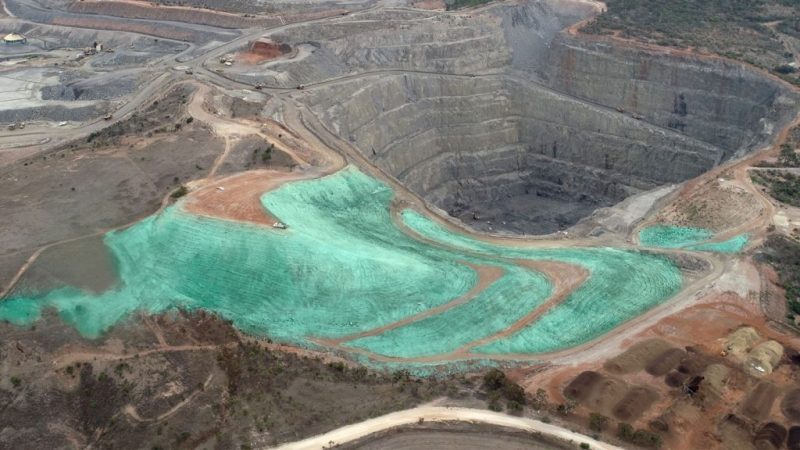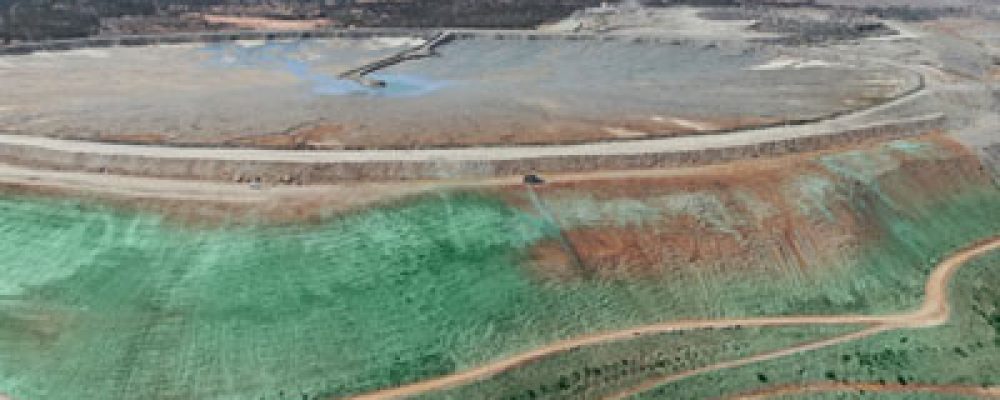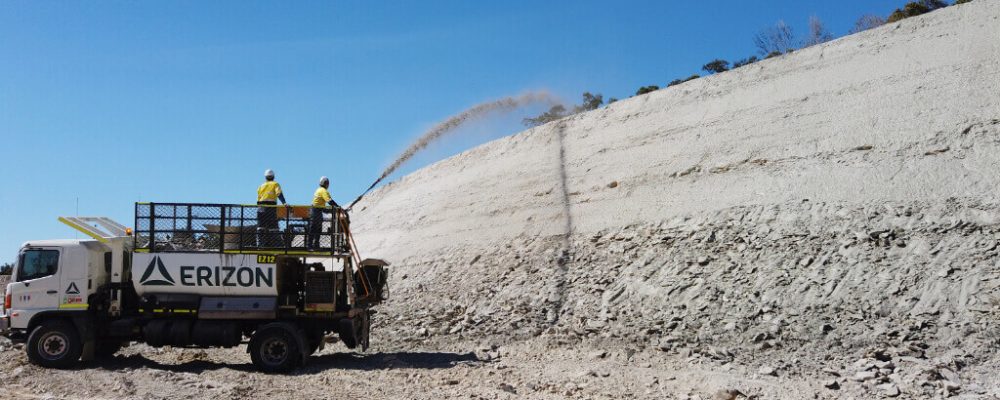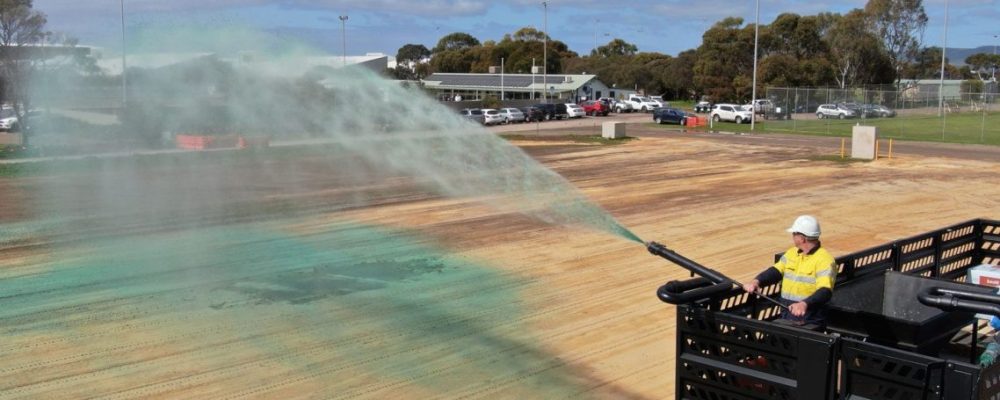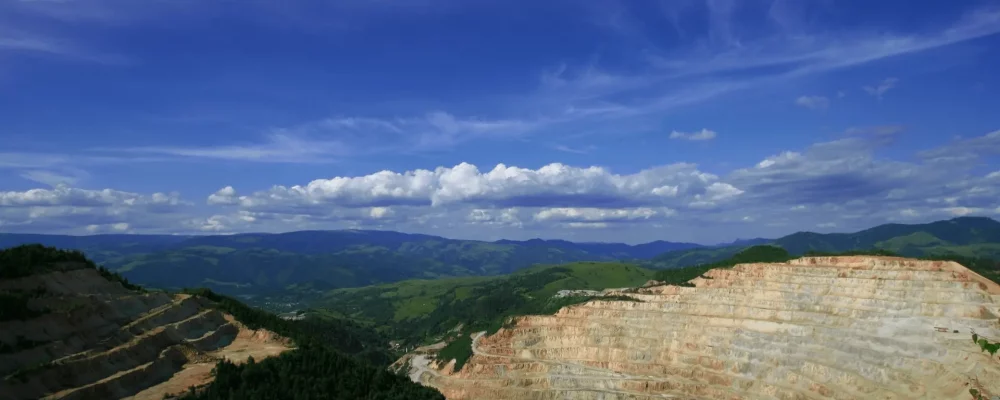In recent years, Environmental, Social and Governance (ESG) considerations have gained immense significance across industries, prompting companies to rethink their operations and policies.
The mining, civil engineering and energy sectors, in particular, play a pivotal role in shaping the global economy but also face substantial environmental and social challenges. Embracing ESG principles leads to better sustainability outcomes, brings financial benefits and enhances reputations.
This article explores the importance of ESG in these sectors and delves into how revegetation, dust suppression and erosion control solutions can positively impact their ESG scores.
The Significance of ESG in Mining, Civil Engineering and Energy Sectors
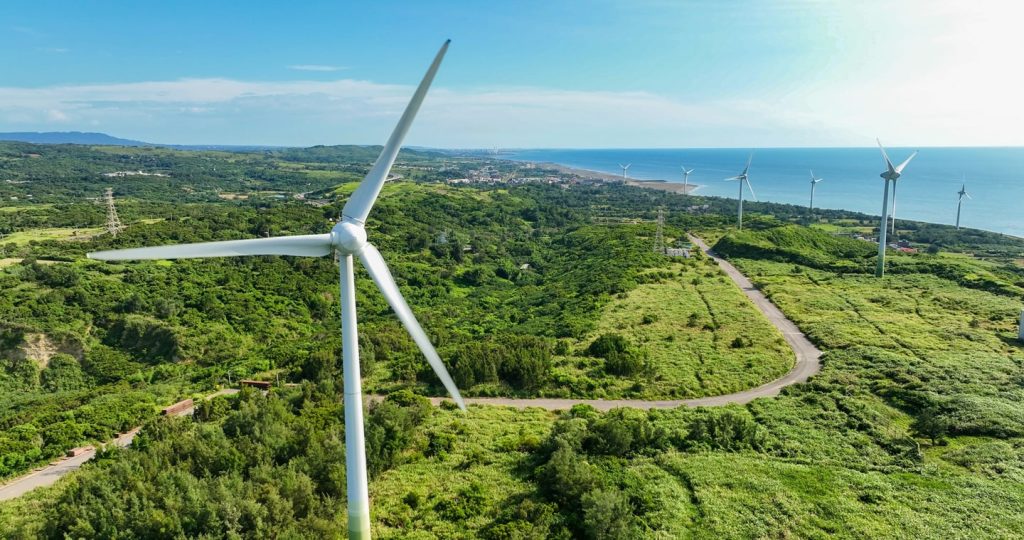
Environmental, Social and Governance (ESG) considerations have increasingly become important in the mining, civil engineering and energy sectors. These considerations are not just about doing what’s right; they also carry significant implications for the operational and financial performance of businesses in these sectors, including:
1. Environmental Conservation
The mining, civil engineering and energy sectors are inherently resource-intensive and can profoundly impact the environment. Addressing climate change, reducing greenhouse gas emissions, conserving water and preserving biodiversity are essential ESG goals for these industries.
By adopting eco-friendly practices, companies can reduce their environmental footprint and contribute to global sustainability efforts.
2. Social Responsibility
These sectors significantly influence the communities where they operate. Ensuring the well-being of local communities, respecting human rights and promoting diversity and inclusion are critical aspects of ESG.
Building strong relationships with stakeholders, including local populations, enhances a company’s social licence to operate, fostering community support and trust.
3. Governance And Ethical Practices
ESG also emphasises the need for transparent and ethical governance structures within organisations. Companies that prioritise fairness, accountability and responsible management are better equipped to navigate challenges and maintain long-term success. Strong corporate governance can attract investors and stakeholders who value ethical business practices.
4. Risk Mitigation And Resilience
Addressing ESG issues helps companies identify and manage potential risks associated with environmental disasters, community conflicts, regulatory changes and reputational damage. By incorporating ESG considerations into their strategies, businesses can enhance resilience and adaptability in the face of uncertainties.
5. Attracting Investment And Strengthening Financial Performance
Investors are increasingly factoring in ESG criteria when making investment decisions. Companies that demonstrate a commitment to sustainability and ethical practices are more likely to attract socially responsible investors, improving access to capital and potentially higher valuations.
Furthermore, integrating ESG into corporate strategy often results in operational efficiencies, cost savings and increased profitability.
The Role Of Revegetation In Ecological Restoration
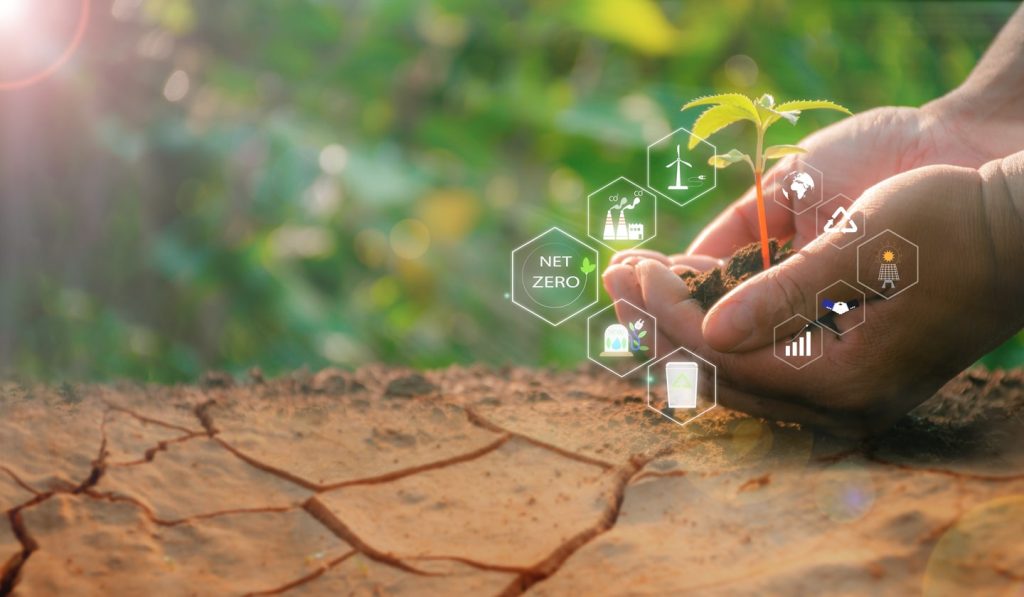
Land disturbance and deforestation are common byproducts in the mining and civil engineering sectors. This disturbance often causes the soil to lose its biodiversity and nutrients, proving problematic when implementing revegetation efforts. It is essential to start with a thorough soil analysis to understand the composition of the land.
Fresh topsoil is rare and expensive. In most cases, a good quality hydromulch and soil amelioration solution can provide great results. Implementing effective revegetation practices restores ecosystems and aids in carbon sequestration.
Lowering Dust Emissions Through Dust Suppression
Dust suppression is vital for maintaining environmental health and public safety. Airborne particles resulting from various industrial activities can have severe effects on both the environment and public health. They can degrade air quality, contribute to climate change and cause respiratory problems among exposed populations.
Innovations in dust suppression techniques have led to improved outcomes in tackling this issue. These innovations include the development of more effective and environmentally friendly dust suppressants and advanced monitoring systems to track and control dust emissions.
Erosion Control Solutions And Sustainable Practices
Soil erosion has significant consequences for agricultural productivity and water quality. It can strip the land of its nutrient-rich top layer, affecting crop yields, and can lead to increased sediment in water bodies, degrading water quality.
Effective erosion control measures are therefore critical in mitigating these impacts. These measures can include physical structures to reduce runoff, strategic planting to hold soil in place and sustainable farming practices to maintain soil health.
Case studies have shown that the implementation of these measures can significantly improve soil stability and productivity, contributing to more sustainable agricultural and environmental outcomes.
Integrating Revegetation, Dust Suppression And Erosion Control In Enhancing ESG Scores
Integrating revegetation, dust suppression and erosion control strategies are essential in enhancing Environmental, Social and Governance (ESG) scores. These practices contribute to sustainable land management, environmental rehabilitation and improved air quality, which are all critical factors in ESG assessments.
Here’s how Erizon’s product offering can help:
Revegetation
Revegetating flat, sloping, or uneven terrains can be both expensive and time-consuming. However, Erizon offers innovative solutions that simplify the process and yield remarkable results.EnviroSprout HGM can quickly and cost-effectively vegetate large areas of land using a one-step process. This method ensures efficient and economical coverage.
Alternatively, for optimal results, we offer EnviroLoc BFM and EnviroLoc Airfield BFM, which involve a two-pass process. The first pass maximises seed-to-soil contact, fostering robust root establishment. The second pass provides thermal stabilisation and water retention to facilitate sustainable plant growth.
Dust Suppression
Mining and construction activities generate significant dust, adversely affecting air quality and human health. Dust suppression solutions like SuppressX, HydroBond and RoadBond minimise on-site airborne particles.
For more challenging areas such as tailings storage facilities, FibreLoc can fight dust and set the conditions to grow vegetation to reduce dust sustainably over time. Reducing dust emissions showcases a company’s dedication to environmental protection and responsible resource management, enhancing its ESG reputation.
Erosion Control
In the energy sector, large-scale infrastructure projects like pipelines and power plants often disturb natural landscapes, leading to soil erosion. Implementing erosion control measures, such as terracing, slope stabilisation and sediment control, helps prevent soil loss and protects nearby water bodies from contamination.
An effective way to do this is using EcoArmour, a sprayable erosion control blanket that has a functional longevity of 20+ years. This method is less labour-intensive than traditional methods and is more environmentally friendly. A strong commitment to erosion control highlights a company’s awareness of environmental impacts and contributes positively to its ESG profile.
How Regulatory Compliance Affects A Company’s Reputation
Revegetation, dust suppression and erosion control solutions improve ESG performance and aid in complying with environmental regulations. Meeting or exceeding regulatory standards strengthens a company’s reputation as a responsible corporate citizen and minimises legal and financial risks.
Community Relations And Social Impact
Revegetation, dust suppression and erosion control initiatives have direct positive effects on nearby communities. Clean air, improved water quality and enhanced aesthetics contribute to the well-being of local populations, fostering community support and goodwill.
Demonstrating social responsibility through these measures can enhance a company’s social ESG standing and mitigate potential stakeholder conflicts.
Embracing ESG principles is no longer an option but is essential for the mining, civil engineering, and energy sectors. Adopting environmentally sustainable practices, prioritising social responsibility and implementing ethical governance ensure a brighter future for the planet and its inhabitants, leading to financial benefits and improved corporate reputations.
Revegetation, dust suppression and erosion control solutions are instrumental in achieving higher ESG scores for companies operating in these sectors. These practices align with ESG goals and demonstrate a company’s dedication to sustainable and responsible operations by restoring ecosystems, mitigating air and water pollution and preserving natural landscapes.
Drive A Sustainable Future With Erizon
As the world progresses towards a more conscious and sustainable future, mining, civil engineering and energy businesses have a unique opportunity to lead by example.
By integrating ESG considerations into their core strategies and investing in innovative solutions like revegetation, dust suppression and erosion control, these industries can thrive financially and contribute significantly to a more sustainable and resilient world.
By partnering with Erizon, mining, civil engineering and energy businesses can drive their ESG goals forward. Our team is committed to helping protect the environment while driving sustainable business operations.
Call our Environmental Advisor today to discuss how Erizon can help with your ESG goals
